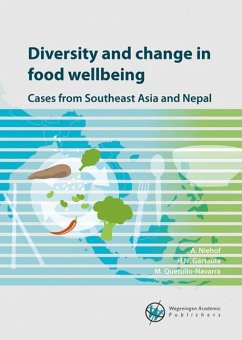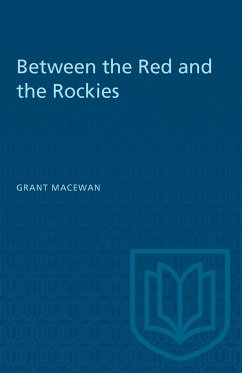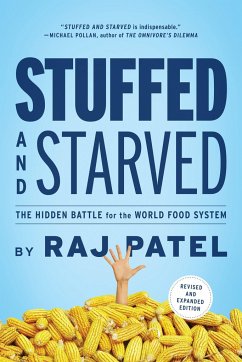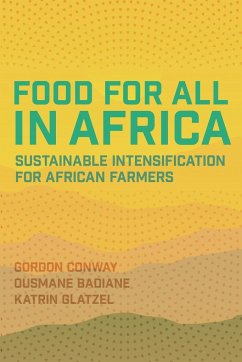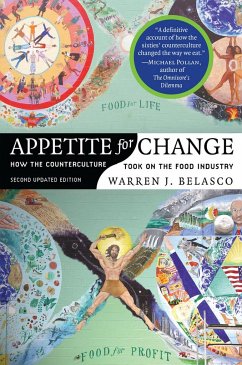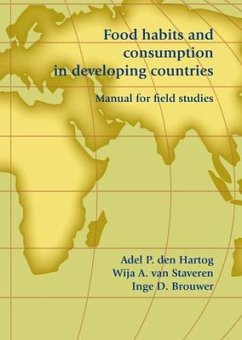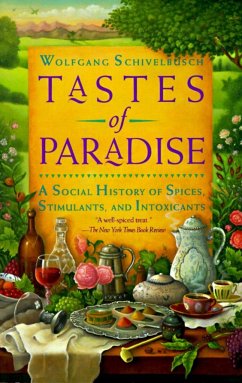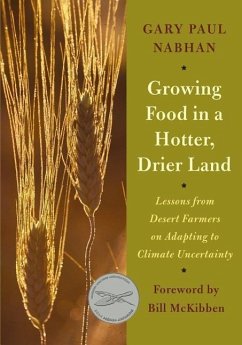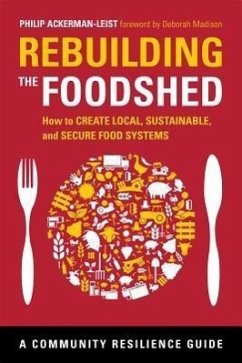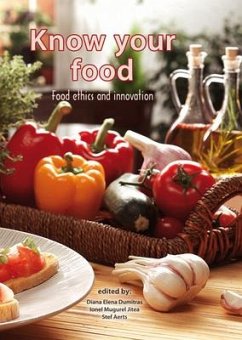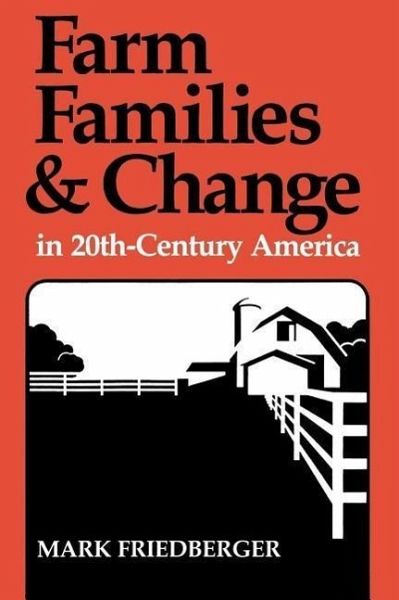
Farm Families and Change in 20th-Century America
Versandkostenfrei!
Versandfertig in über 4 Wochen
30,99 €
inkl. MwSt.

PAYBACK Punkte
15 °P sammeln!
The farm family is a unique institution, perhaps the last remnant, in an increasingly complex world, of a simpler social order in which economic and domestic activities were inextricably bound together. In the past few years, however, American agriculture has suffered huge losses, and family farmers have seen their way of life threatened by economic forces beyond their control. At a time when agriculture is at a crossroads, this study provides a needed historical perspective on the problems fami



